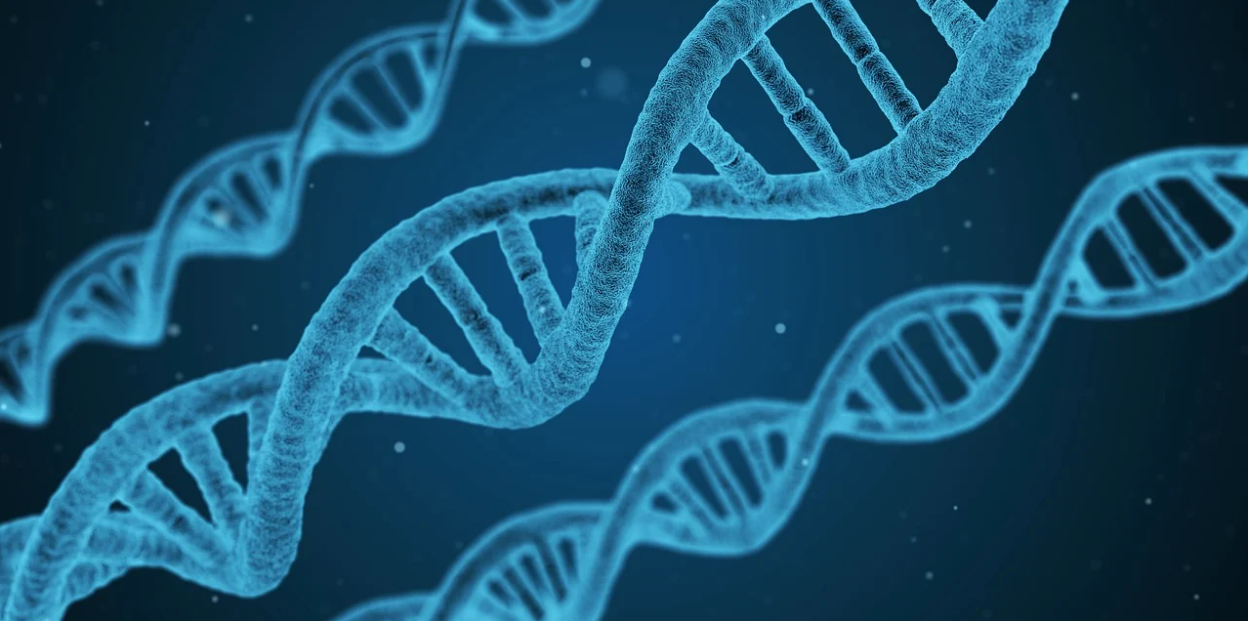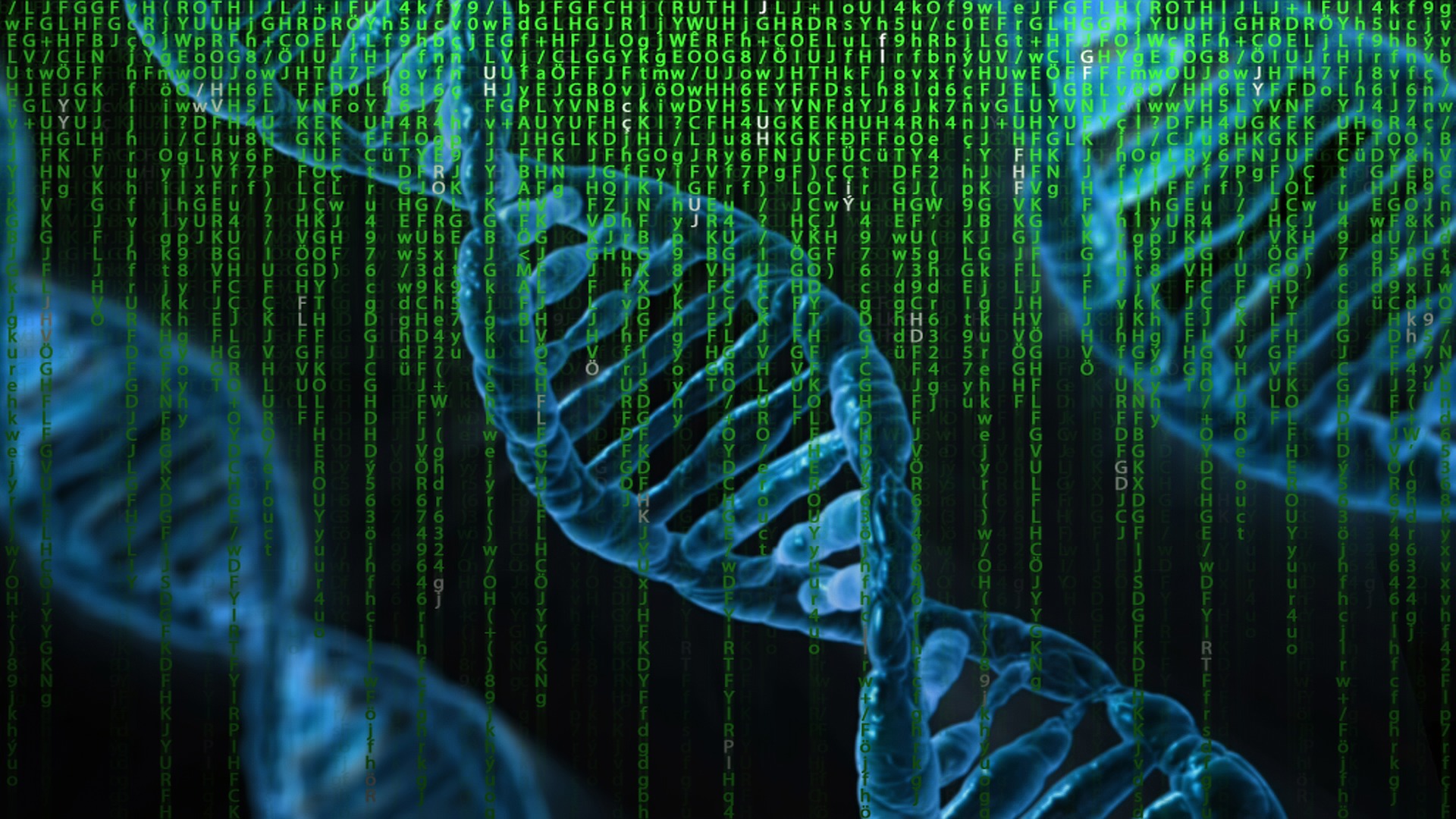
As COVID-19 continues to spread around the globe, there has been a pattern of characteristics that researchers have found that tie to severe cases of the virus. Some of the risk factors that have become the focal point include respiratory failure, diabetes, and heart disease.
Human Genetics plays a role in many infectious diseases/viruses
From past research, we know that genetics influence a person’s susceptibility to a variety of different infectious diseases and how severe they react to different diseases. Particular genetic variants found in a gene called HBB will make people less susceptible to infections from parasites that cause malaria. CCR5, which is a genetic variant found in a gene, can protect you from contracting HIV by preventing the virus from being able to enter T cells in the immune system. People who have a gene variant in the FUT2 gene are less likely to become infected from the norovirus. In addition to these variations, variations found in HLA genes may have the ability to explain the differences in our body’s response to many different conditions. The group of HLA genes helps the immune system distinguish the body’s proteins from proteins that are created by foreign intruders like viruses and bacteria.
How do our genes influence our COVID-19 risk?
By looking at the genome, researchers have tied the severity and susceptibility of COVID-19 to genes that are associated with the immune system’s response and the protein that allows the disease-causing SARS-CoV-2 into our cells. Scientists have also seen links between a person’s blood type. If blood type or genes prove to be a factor in the response to the coronavirus, it will determine the urgency of care needed for the patient.
Researchers in Spain and Italy examined 1,980 patients throughout seven epicentres for specific genomes and found a cluster of variants in genes involved with the immune response were more common in people with serious COVID-19 symptoms. These genes are associated with a protein that is known as angiotensin-converting enzyme 2 also known as ACE2 and the coronavirus uses this to enter and infect the cells in the body. Scientists discovered that one of the gene clusters increases the risk of getting an acute case of COVID-19 by 77%. It was also noted that they identified a 3p21.31 gene cluster found in patients with COVID-19 and respiratory failure and confirmed a potential involvement of the ABO blood-group system. The ABO blood-group controls our blood type and the study found that those with O type blood are more protected from COVID-19.
Alessandra Renieri, Director of the Medical Genetics Unit at the University Hospital of Siena, found a mutation in a gene called JAK2 after analyzing the results of 500 COVID patients. This gene is involved in the immune overreaction called a cytokine storm which has been a major contributor to COVID-19 deaths. While this research is intriguing, more research needs to be conducted in different populations and in larger groups of patients to validate these findings.
How My Next Health can help
My Next Health has created a COVID-19 application that assesses an individual’s risk profile for developing complications from the virus. This application works by analyzing a person’s genetic pathways for inflammatory responses, insulin sensitivity, and other genomic indicators. Once the risk level of an individual has been determined, patients can use the recommendations from the application to help mitigate their risk using self-tracking tools which can also be shared with their healthcare provider.


